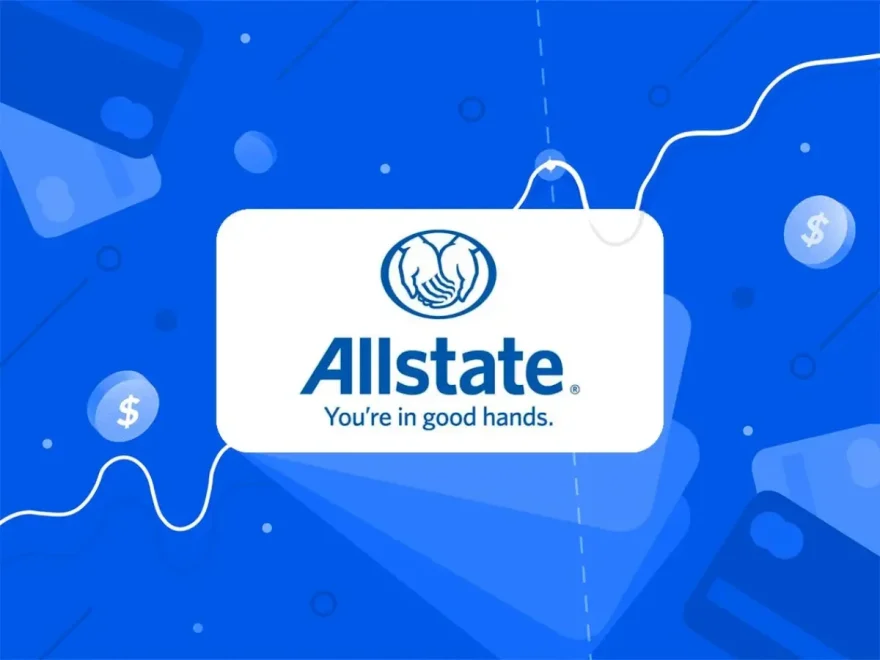Introduction
Life can get hectic, and sometimes you might find yourself in a situation where you can’t make your insurance payment on time. If you’re an Allstate policyholder and are curious about their late payment policy, you’ve come to the right place. In this article, we’ll provide a comprehensive overview of Allstate’s late payment policy, helping you understand the implications and options available.
Understanding the Importance of Timely Payments
Before we dive into Allstate’s late payment policy, it’s essential to recognize why making timely insurance payments is crucial:
- Coverage Continuation: Timely payments ensure that your insurance coverage remains active, providing you with the protection you need.
- Avoiding Lapses: A missed payment can lead to a lapse in coverage, leaving you vulnerable to potential financial risks.
- Credit Impact: Late payments may impact your credit score and financial reputation.
Allstate’s Late Payment Policy
1. Grace Period
- Allstate offers a Grace Period: If you miss your payment due date, Allstate typically provides a grace period during which you can make the payment without a lapse in coverage.
- Duration of the Grace Period: The length of the grace period can vary depending on your policy and state regulations but often spans around 10 to 30 days.
- Coverage During Grace Period: Your coverage remains intact during the grace period, and you can file claims as usual.
2. Late Payment Fee
- Late Payment Fee: Allstate may charge a late payment fee if you don’t make your payment within the grace period.
- Amount: The amount of the late payment fee can also vary and is outlined in your policy documents.
- Waiver Possibility: In some cases, Allstate may choose to waive the late payment fee as a goodwill gesture.
3. Policy Cancellation
- Policy Cancellation: If you don’t make your payment within the grace period and fail to rectify the situation, Allstate may cancel your policy.
- Notice of Cancellation: You will receive a notice of cancellation, typically with a specified date. If payment is not received by that date, your coverage will be terminated.
- Reinstatement: If your policy is canceled, you may have the option to reinstate it by paying the overdue premium and any applicable fees.
Tips for Dealing with Late Payments
If you find yourself facing a late payment situation, here are some tips to consider:
- Communication: Contact Allstate as soon as you realize you’ll miss a payment. They may be able to offer assistance or alternatives.
- Payment Plan: In some cases, Allstate may offer a payment plan to help you catch up on missed payments.
- Automatic Payments: Consider setting up automatic payments to avoid late payments in the future.
- Review Policy: Periodically review your insurance policy to understand your payment due dates and coverage details.
Conclusion
Allstate’s late payment policy includes a grace period, late payment fees, and the possibility of policy cancellation. Understanding the implications of late payments is crucial to ensure your insurance coverage remains active and you avoid unnecessary financial penalties. If you ever face a late payment situation, don’t hesitate to communicate with Allstate to explore your options.
FAQs
1. What is a grace period in Allstate’s late payment policy?
A grace period is a specified duration after the due date during which you can make a late payment without a lapse in coverage. The length of the grace period can vary depending on your policy and state regulations.
2. How much is the late payment fee charged by Allstate?
The amount of the late payment fee can vary and is outlined in your policy documents. It’s advisable to review your policy or contact Allstate for specific details regarding the fee.
3. Can I reinstate my Allstate policy after it’s been canceled due to late payment?
Yes, in some cases, you may have the option to reinstate your Allstate policy after it has been canceled due to late payment. This typically involves paying the overdue premium and any applicable fees.
4. What should I do if I can’t make my Allstate payment on time?
If you can’t make your Allstate payment on time, it’s essential to communicate with Allstate as soon as possible. They may be able to offer assistance, such as a payment plan or alternative options.
5. Does a late payment on my Allstate policy affect my credit score?
Late payments on insurance policies, including Allstate, may not directly impact your credit score. However, if a policy is canceled due to non-payment and sent to collections, it could have a negative impact on your credit.
Read More: https://kohlscom-activate.com/
More Related:
Does Allstate Offer Long-Term Care Insurance?
If I Cancel My Insurance, Do I Get a Refund with Allstate?
Which is Better: AAA or Allstate Roadside Assistance?
How Much Is Full Coverage Car Insurance with Allstate?
eBay Refurbished Allstate Warranty: Your Comprehensive Guide
Understanding Warranties: Full Warranty vs. Limited Warranty
How to Pay My Allstate Bill Without Logging In

